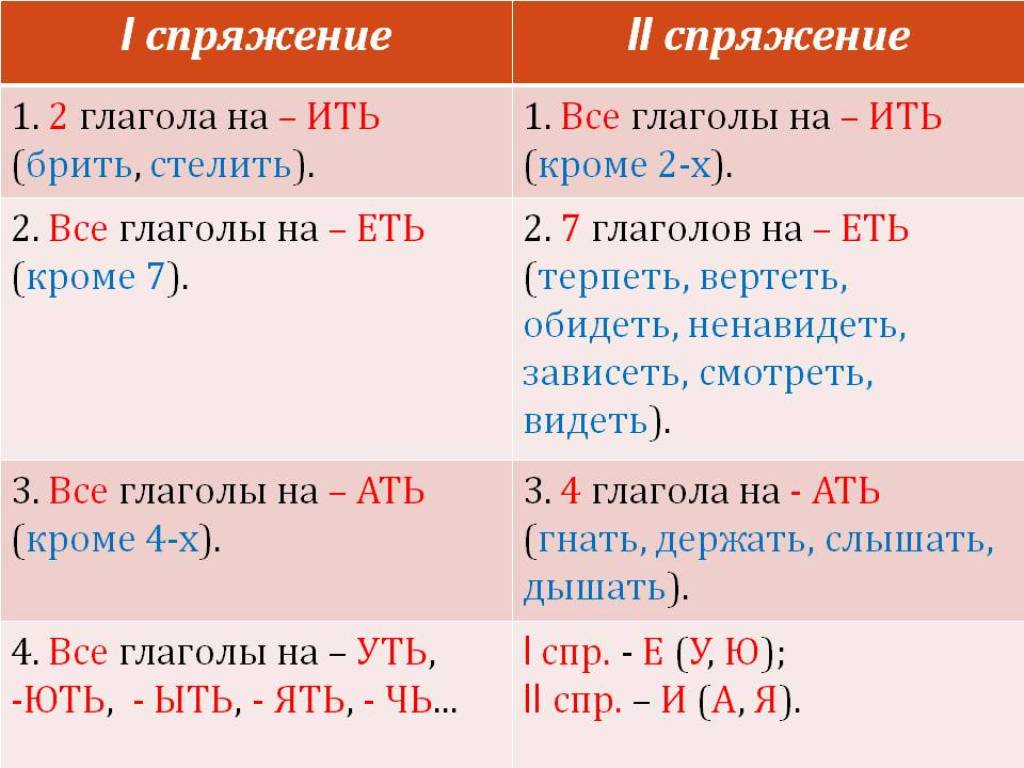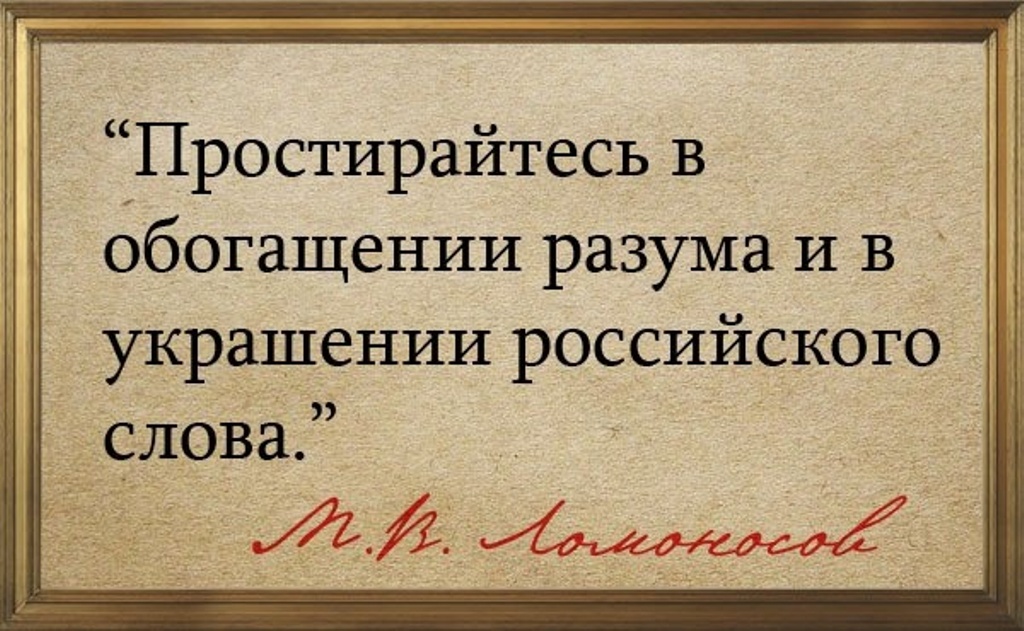The Ultimate Guide to Russian Verbs: Both Irregular and Regular

Are you struggling with Russian verbs? Here's an in-depth guide to both regular and irregular Russian verbs.
After mastering the Russian Alphabet and studying the basics of the pronunciation of the Russian language, the next thing that awaits you is Russian grammar. For the most students, it is enough just to throw a glance at Conjugations, to get a desire to quit. Nevertheless, if you persevere and learn the primary grammar rules, you will see that in fact, you have nothing to be afraid of.

Russian Verbs
All Russian verbs regularly fall into two basic categories, 1st Conjugation and 2nd Conjugation, depending on the type of the verbs' endings. What kind of sequel the verb will have depends on the subject pronouns (Я-I, Ты-You, Он-He, Она-She, Оно-It, Мы-We, Вы-You, and Они-They).
In English, these types of changes are solved by using the verb 'to be' (am, are, is), but in Russian, all verbs have a different ending for every particular subject pronoun, which is added to the basis of a verb. That means that there is a different verb form for each pronoun.
Based on the sequel of their infinitives, the Russian verbs are classified into eleven categories which are separated into three groups.
-
Most verbs that end in -ать, -ять, -еть belong to the 1st Conjugation except:
-
Four verbs that end in -aть - дышать, гнать, слышать, держать and all verbs which are derived from them
-
Seven verbs that end in -еть - обидеть , смотреть, зависеть, видеть, ненавидеть, вертеть, терпеть and all verbs which are derived from them
-
-
All verbs that end in -уть, -оть, -ыть, -ти, -сть, -зть, -чь, belong to the 1st Conjugation
-
The most verbs that end in -ить belong to the 2nd Conjugation, except стелить and брить.

Regular Verbs
In Russian, regular verbs form Present Tense by adding the adequate endings after dropping two letters at the end of their infinitive in the 1st Conjugation and three letters of their infinitive in the 2nd Conjugation.
For example:
чита-ть - чита-ю, чита-ешь, чита-ет, чита-ем, чита-ете, чита-ют
говор-ить - говор-ю, говор-ишь, говор-ит, говор-им, говор-ите, говор-ят
Forming the Past Tense is even easier. You just need to drop the last two letters of the infinitive and add -л, -ла, -ло, -ли to the base of the verb.
чита-ть – читал (masculine), читала (feminine), читало (neuter), читали (plural)
говори-ть – говорил, говорилa, говорилo, говорили

Irregular Verbs
Now, we should face with Russian irregular verbs. For all those who learn English, irregular verbs are a real nightmare. When you begin to learn the Russian language, you will see that the situation is entirely different. True, there are also irregular verbs in Russian, but unlike English, there are only five really irregular ones which entirely do not fit in conjugation patterns.
-
бежать (to run) and хотеть (to want) are verbs of mixed conjugations and have the endings of both 1st and 2nd Conjugations.
-
verbs быть (to be), дать (to give), and есть (to eat) have an archaic, non-past form.
You just need to memorize them without trying to give some sense of the way they change.
-хотеть -бежать -дать -есть -быть
Singular
1st Person - хочу - бегу - дам - ем - буду
2nd Person - хочешь -бежишь -дашь -ешь -будешь
3d Person -хочет -бежит -даст -ест -будет
Plural
1st Person -хотим -бежим -дадим -едим -будем
2nd Person -хотите -бежите -дадите -едите -будете
3d Person -хотят -бегут -дадут -едят -будут
Except these entirely irregular ones, there are Russian irregular verbs which are not too much different from regular ones but show some specificities in forming Present Tense. There are letters which appear or get lost, and there are cases in which we can see a mutation of some letters.

The List of Russian Irregular Verbs
First Conjugation, Ending -ать
Regular verbs – читать (to read) - я читаю, ты читаешь...они читают
Irregular verbs
-ова; +у / –ева; +ю
рисовать (to draw) - рисую, рисуешь, рисуют
воевать (to be at war) - воюю, воюешь, воюют
-вать
давать (to give) - даю, даёшь, дают
–а; з → ж
вязать (to tie) - вяжу, вяжешь, вяжут
–а; с → ш
плясать (to dance) - пляшу, пляшешь, пляшут
–а; т → ч
бормотать (to mumble) - бормочу, бормочешь, бормочут
–а; г → ж
брызгать (to splash) - брызжу, брызжешь, брызжут
–а; г → ж
лгать (to tell lies) - лгу, лжёшь, лгут
–а; к → ч
плакать (to cry) - плачу, плачешь, плачут
–а; т → щ
клеветать (to slander) - клевещу, клевещешь, клевещут
–а; ст → щ
свистать (to whistle) - свищу, свищешь, свищут
–а; х → ш
махать (to wave) - машу, машешь, машу
–а; ск → щ
искать (to look for) - ищу, ищешь, ищут
–а
врать (to tell lies) - вру, врёшь, врут
–а; +е
брать (to lake) беру, берёшь, берут
–а; +о
звать (to call) - зову, зовёшь, зовут
–а; +л
дремать (to doze) - дремлю, дремлешь, дремлют
-а; +м / +н
жать (to press) - жму, жмёшь, жмут
начать (to begin) - начну, начнёшь, начнут
+н
стать (to become) - стану, станешь, станут
–а; +д
ехать (to drive) - еду, едешь, едут
Second Conjugation, Ending -ать
Regular - слышать (to hear) - слышу, слышишь, слышат
Irregular
+о
гнать (to chase) - гоню, гонишь, гонят
+л
спать (to sleep) - сплю, спишь, спят

First Conjugation, Ending: -ять
Regular – гулять (to walk) - гуляю, гуляешь, гуляют
Irregular
–я
смеяться (to laugh) - смеюсь, смеёшься, смеются
–я; +о; +ьм
взять (to take) - возьму, возьмёшь, возьмут
–ня; +йм
понять (to understand) - пойму, поймёшь, поймут
–я; +им
поднять (to raise) - подниму, поднимешь, поднимут
–ня; +м
принять (to receive) - приму, примешь, примут
–я; +н
мять (to rumple) - мну, мнёшь, мнут
Second Conjugation, Ending -ять
Regular – стоять (to stand) стою, стоишь, стоят
First Conjugation, Ending -еть
Regular – краснеть (to redden) - краснею, краснеешь, краснеют
Irregular
-е; -е
тереть (to rub) - тру, трёшь, трут
-е; -е; +о
отпереть (to unlock) - отопру, отопрёшь, отопрут
-е
реветь (to roar) - реву, ревёшь, ревут
+н
деть (to put) - дену, денешь, денут
е → о
петь (to sing) - пою, поёшь, поют
Second Conjugation, Ending -еть
Regular – смотреть (to look) - смотрю, смотришь, смотрят
Irregular
+л
терпеть (to suffer) - терплю, терпишь, терпят
д → ж
видеть (to see) - вижу, видишь, видят
т → ч
вертеть (to turn) - верчу, вертишь, вертят
с → ш
зависеть (to depend) - завишу, зависишь, зависят
ст → щ
блестеть (to shine) - блещу, блестишь, блестят
First Conjugation Ending -оть
Regular – дуть (to blow) - дую, дуешь, дуют
Irregular
ну → н
двинуть (to move) - двину, двинешь, двинут
ну → н; –нуть
воздвигнуть (to build) - воздвигну, воздвигнешь, воздвигнут
–о
бороться (to fight) - борюсь, борешься, борются
о → е; –о
молоть (to mill) - мелю, мелешь, мелют
First Conjugation Ending -ыть
Irregular
ы → о
выть (to howl ) - вою, воешь, воют
+ в
плыть (to swim) - плыву, плывёшь, плывут
+н
стыть (to get cold) - стыну, стынешь, стынут
First Conjugation Endings -ти, -сть, -зть
Irregular
–с; +д
брести (to wander) - бреду, бредёшь, бредут
е → я; –с; +д
сесть (to sit down ) - сяду, сядешь, сядут
–с; +т
мести (to sweep) - мету, метёшь, метут
е; –с; +т
прочесть (to read ) - прочту, прочтёшь, прочтут
–с; +б
грести (to row) - гребу, гребёшь, гребут
First Conjugation (only), Ending -чь
Irregular
+к / ч
печь (to bake) - пеку, печёшь, пекут
+г / ж
мочь (to be able) - могу, можешь, могут
-е; +г / ж
жечь (to burn) - жгу, жжёшь, жгут
е → я; +г / ж
лечь (to lie down) - лягу, ляжешь, лягут
First Conjugation, Ending -ить
Regular – гнить (to rot) - гнию, гниёшь, гниют
Irregular
–и; +ь
бить (to beat) - бью, бьёшь, бьют
–и; +e
брить (to shave) - брею, бреешь, бреют
+в
жить (to live) - живу, живёшь, живут
–и
ушибить (to hurt) - ушибу, ушибёшь, ушибут

Second Conjugation (only), Ending -ить
Regular – говорить (to speak) - говорю, говоришь, говорят
Irregular
з → ж
грузить (to load) - гружу, грузишь, грузят
с → ш
носить (to carry) - ношу, носишь, носят
т → ч
платить (to pay) - плачу, платишь, платят
т → щ
прекратить (to stop) - прекращу, прекратишь,прекратят
ст → щ
простить (to forgive) - прощу, простишь, простят
д → ж
ходить (to go on foot) - хожу, ходишь, ходят
+л
любить (to love) - люблю, любишь, любят
Conclusion
All in all, you see that there are no reasons to be afraid of Russian irregular verbs. It seems that there are too many of them, but you actually have to memorize only these five - хотеть, бежать, дать, есть, and быть.
And with that, you're well on your way to conquering the Russian language. Believe me; the Russian language is worth the effort!
